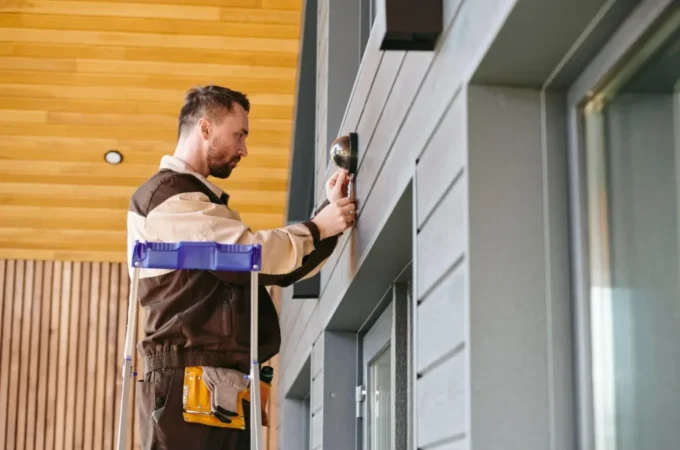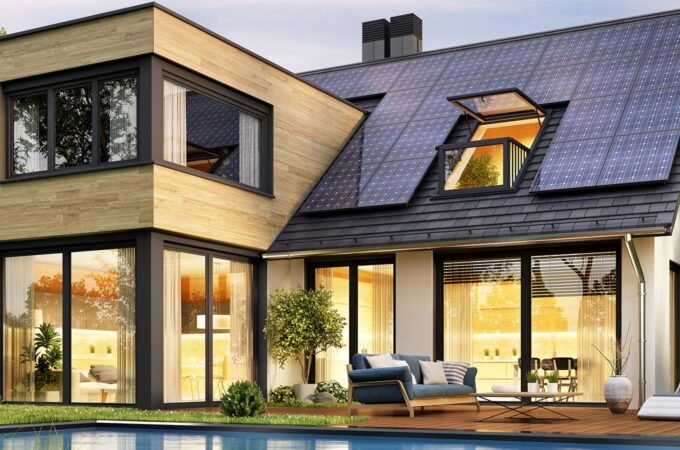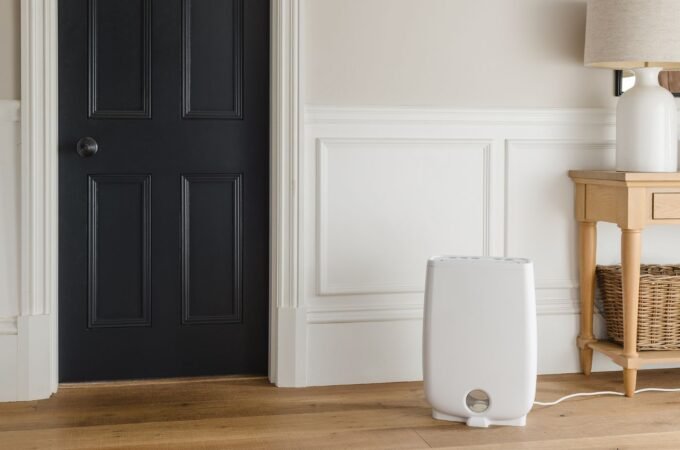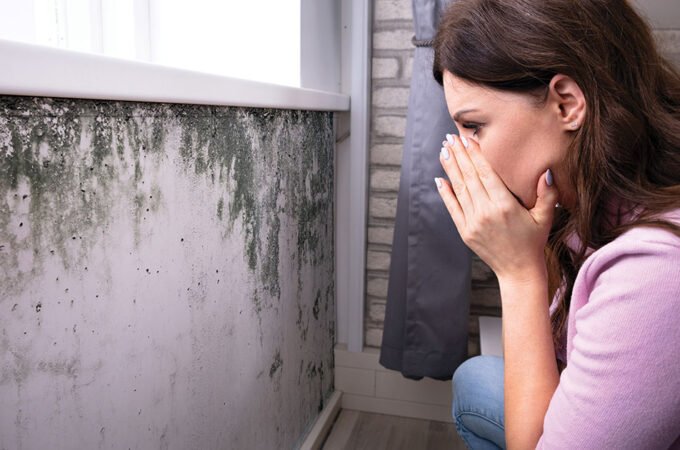
A guide to buying an air purifier
Having a quality air purifier in your home keeps you and your family in good health. Those tight seals make your home energy efficient and comfortable while trapping indoor air pollution. The cleaning vapors, cooking fumes, pet dander, dust and such pollute the air and therefore you must find a way of purifying it. Research has shown that Americans spend over 90% of their time indoors and if you are part of this statistic, you know better. The market is flooded with filters that pollute the air with harmful levels of Ozone. Thus, you must be careful when doing your shopping.
Following are some of the filters in the market today
HEPA (High-efficiency particulate air) filters
This type of a filter is considered a high standard air purification filter, which removes up to 99.9% of all sorts of particles. Originally developed by an Atomic energy Commission for capturing radioactive dust particles, the HEPA filter allows only minute particles to pass through it. Allergens of all types; mold spores, dander, pollen and such get trapped. The only challenge with this filter is that you’ve to keep changing the filter. The good thing is that it is HEPA certified and therefore works well with common particle allergens. When buying this, consider the size, the filter media, and the material used; all these will play a crucial role in your filter’s performance.
Activated carbon filters
These filters are used in conjunction with others to purify the air. If you want to keep your home odorless and keep of smoke, chemicals, and fumes, activated carbon/ charcoal filters work perfectly at neutralizing such. The secret with this kind of filter is in the size; the larger the filter, the more efficient it is in absorbing chemicals and pollutants and the more durable it is.
Charged media filters
This is a combination of two technologies; an electrostatic charge and a particle filter. The good thing with this type of air filtration system is that it is able to absorb very minute particles and therefore very effective for purification. The only challenge with them is that they lose charge quite easily and therefore will require frequent filter replacements compared to a HEPA air purifier.
Antibacterial and Germicidal filters
These are purifiers specifically designed to eliminate germs and bacteria. These purifiers use a UV lamp to kill germs. for instance, clarifier air purifiers use two to four UV lamps which claims a single pass kill- microbes need to pass by once and their DNA is completely altered to a level where they cannot replicate. These are common with hospitals, kitchens, and other sensitive areas.
The choice of the air filter will depend on what you target. Therefore, before you purchase the unit, you need to request an expert to guide you on the best type that will be a solution to your need.






